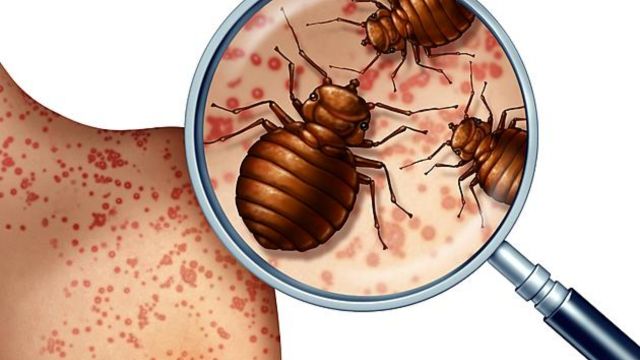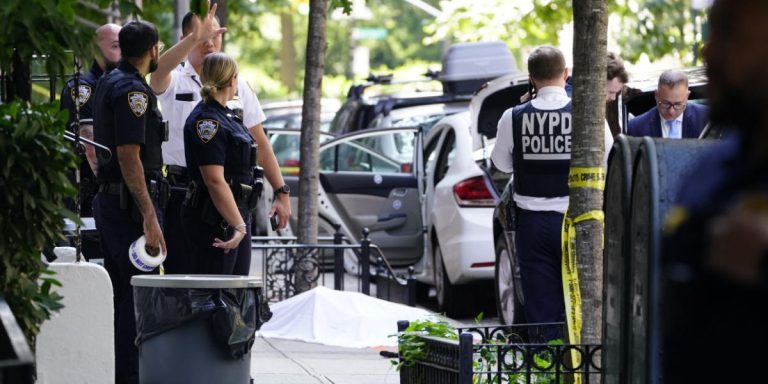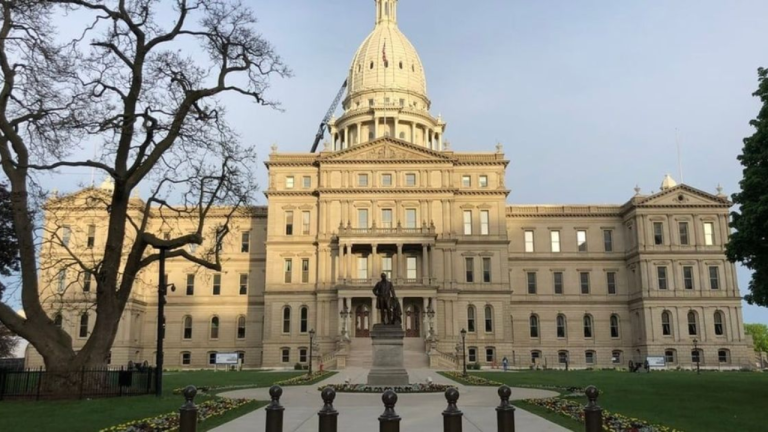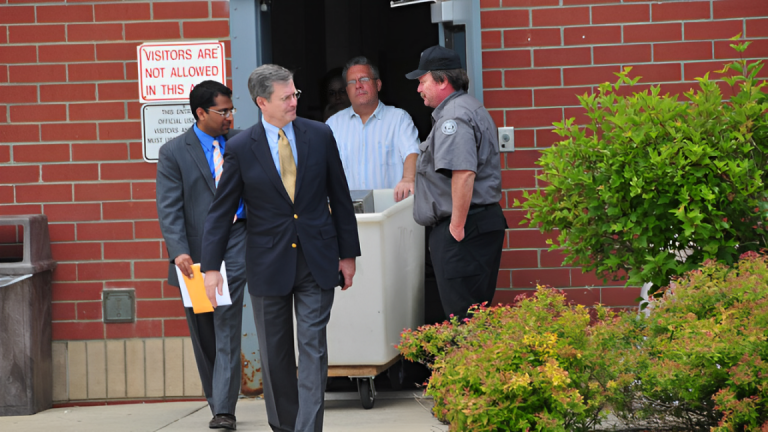Pennsylvania is currently grappling with an overwhelming surge in bedbug infestations, with reports of these persistent pests being found in various areas throughout the state.
Once largely controlled, the return of bedbugs has sparked significant concern among residents, business owners, and local authorities.
As these tiny yet troublesome insects invade homes, apartments, and businesses, five major cities in Pennsylvania are intensifying their efforts to combat the growing problem.
What’s Behind the Bed Bug Surge?
Bed bugs, which were once nearly eradicated in the United States, have seen a troubling resurgence in recent years. Experts suggest that factors such as increased travel, urbanization, and the rise of secondhand furniture purchases have contributed to the widespread return of these pests. Bed bugs are notorious for their ability to hitch rides in luggage, clothing, and furniture, making them a frequent problem in cities with large populations and high tourist traffic.
In Pennsylvania, cities like Philadelphia, Pittsburgh, Allentown, Reading, and Lancaster have experienced a sharp increase in infestations, leading to widespread alarm. The resurgence of these pests has affected not only residential areas but also hotels, motels, and even public transportation systems.
1. Philadelphia: Comprehensive Response and Awareness Campaigns
Philadelphia, Pennsylvania’s largest city, has been particularly hard hit by the bed bug crisis. In response, the city has launched a comprehensive awareness and prevention campaign to educate residents about how to identify, prevent, and treat infestations. Public service announcements and informational pamphlets are being distributed in neighborhoods, apartment buildings, and businesses.
The Philadelphia Department of Public Health has partnered with local pest control companies to offer discounted services for low-income residents, as many are unable to afford costly extermination treatments. Additionally, the city has increased its inspection efforts in public spaces like libraries, schools, and public transportation to identify and eliminate potential infestations.
For hotels and motels, the city is implementing stricter sanitation regulations and is requiring establishments to conduct routine bed bug inspections to ensure they remain free of pests. The city is also considering legislation that would require landlords to address bed bug infestations within a set timeframe to protect tenants.
2. Pittsburgh: Innovative Technology and Multi-Agency Collaboration
In Pittsburgh, city officials are taking a tech-driven approach to combating the bed bug surge. Local pest control companies are using thermal treatment systems and high-tech monitoring devices that detect bed bug activity in real-time. This advanced technology allows exterminators to more accurately pinpoint hot spots and eliminate pests before they spread further.
Pittsburgh’s Department of Public Safety has also launched a collaboration with local housing authorities, building managers, and landlords to ensure that infestations are dealt with quickly and effectively. Through these partnerships, the city is developing community outreach programs aimed at raising awareness and providing resources to residents facing infestations.
A key part of Pittsburgh’s strategy is working with the University of Pittsburgh, which is conducting research on the most effective bed bug prevention and extermination methods. The findings are expected to help shape future policies and ensure that the city remains proactive in tackling the ongoing crisis.
3. Allentown: Focus on Prevention and Education
Aging in Place How Baby Boomers Are Shaping the Housing Market Crisis
In Allentown, Pennsylvania’s third-largest city, the response to the bed bug problem has focused on prevention and education. The city has partnered with local schools and community centers to host educational workshops about bed bug prevention and the importance of early detection. These workshops also provide practical tips for homeowners and renters, such as how to check furniture for bed bugs before purchasing and how to spot early signs of an infestation.
Additionally, Allentown has introduced a citywide initiative to make bed bug treatment resources more accessible to lower-income residents. Through funding and community outreach, the city is ensuring that even those who struggle financially can access pest control services. The local health department has also offered free inspections for residents concerned about infestations.
Local hotels have been given guidelines to improve their cleaning and inspection procedures to prevent the spread of bed bugs. The city is also investigating the potential for stricter regulations that would require all rental properties to conduct bed bug inspections as part of the rental process.
4. Reading: Legislative Action and Building Inspections
Reading, a city with a growing immigrant population, has seen a spike in bed bug cases, particularly in multi-family housing units. In response, city officials are considering legislative action to require more rigorous pest control practices for landlords. Proposed legislation would mandate that landlords be responsible for addressing bed bug issues immediately after they are reported, without passing the costs on to tenants.
The city has also implemented additional building inspections, targeting apartment complexes and rental properties that are known to be high-risk areas for infestations. Local housing authorities are working closely with pest control experts to ensure that inspections are thorough and that all residents are provided with adequate resources to handle an infestation.
Reading’s focus on community outreach has also included training for social service providers, so they can assist families who may be struggling with bed bug infestations due to financial hardship or lack of knowledge about treatment options.
5. Lancaster: Stronger Tenant-Landlord Cooperation
Lancaster has taken a cooperative approach to fighting the bed bug epidemic, emphasizing stronger collaboration between tenants, landlords, and pest control specialists. The city has implemented a program that requires landlords to offer tenants access to pest control services when a bed bug infestation is reported. This program is designed to protect both parties and ensure that infestations are handled quickly and professionally.
The city is also working to improve building maintenance standards and ensure that all properties are regularly checked for bed bugs. Lancaster’s health department has provided educational materials to both tenants and landlords, helping to ensure that everyone understands their rights and responsibilities when it comes to pest control.
Additionally, Lancaster has organized a task force made up of local health officials, pest control experts, and community leaders to monitor the bed bug situation and make recommendations for further action.
A Statewide Challenge
The bed bug crisis in Pennsylvania presents a complex challenge for cities, residents, and businesses alike. As the pest resurgence spreads across urban and suburban areas, cities like Philadelphia, Pittsburgh, Allentown, Reading, and Lancaster are employing a variety of methods to combat the problem. Whether through technology, education, legislative action, or stronger cooperation between tenants and landlords, these cities are taking steps to tackle the growing issue head-on.
While the bed bug crisis may take time to fully resolve, Pennsylvania’s cities are showing that when communities come together, they can work towards eradicating the pests and ensuring a safer, cleaner environment for all residents.


























+ There are no comments
Add yours